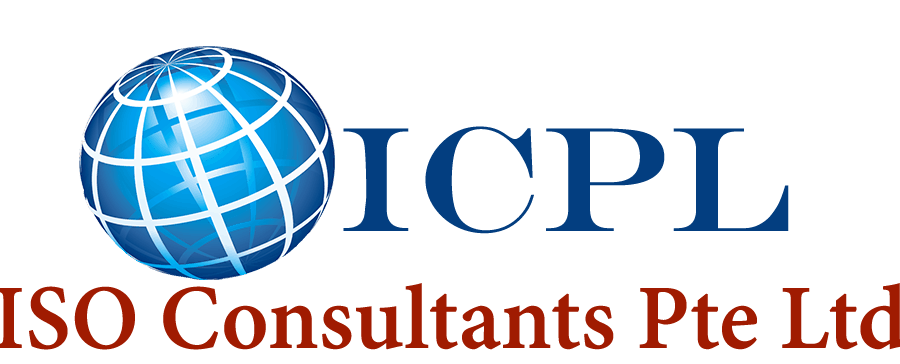HAZARD ANALYSIS AND CRITICAL POINT (HACCP) / SS 444
Hazard Analysis and Critical Point (HACCP) / SS 444 is a preventive system of control. It identifies specific food safety hazards and control measures to ensure the safe consumption of food. It is scientific and risk-based. It enables food establishments and regulatory authorities to identify, prevent and reduce food-borne hazards in any segment of the food chain.
The HACCP system has gained national and international endorsement as a cost-effective means for ensuring food safety. There is also a growing trend in international trade for worldwide equivalence of food safety based on HACCP principles.
BENEFITS:
Demonstrate compliance with applicable statutory and regulatory food safety requirements
Provide business with a cost-effective system for control of food safety
Focuses on prevention and control of potential food safety hazards rather than inspection
Controlling food risks
Improve food quality standards




Contact
- ISO Consultants Pte. Ltd. 30 Petain Rd, Singapore 208099.
- +6585993818
- info@isoconsultant.sg
Brochures
View our 2020 SS 444:210
brochure for an easy to read guide on all of the services offer.
CONSULTING STAGES OF SS 444 IN SINGAPORE
INITIAL ASSESSMENT
DEVELOPE A HACCP PLAN
IMPLEMENTATION
VERIFICATION
ON GOING SUPPORT
- The first step in the consulting process is to conduct an initial assessment of the food business.
- This involves reviewing the food production process and identifying potential hazards and critical control points.
- The consultant will also review existing food safety management systems and procedures to identify gaps and areas for improvement.
- Based on the initial assessment, the consultant will work with the food business to develop a HACCP plan.
- This plan will include a hazard analysis, identification of critical control points, establishment of critical limits, monitoring procedures, corrective actions, verification procedures, and record-keeping procedures.
- Once the HACCP plan has been developed, the consultant will work with the food business to implement the plan.
- This involves training employees on the HACCP system, implementing monitoring and record-keeping procedures, and establishing corrective action procedures in case of a deviation from critical limits.
- The next step in the consulting process is to verify the effectiveness of the HACCP system.
- This involves conducting regular audits and inspections to ensure that the HACCP plan is being followed and that the food production process is safe.
- The consultant will continue to provide ongoing support to the food business to ensure that the HACCP system remains effective.
- This includes reviewing and updating the HACCP plan as necessary, providing training and support to employees, and conducting regular reviews and audits of the food production process.
